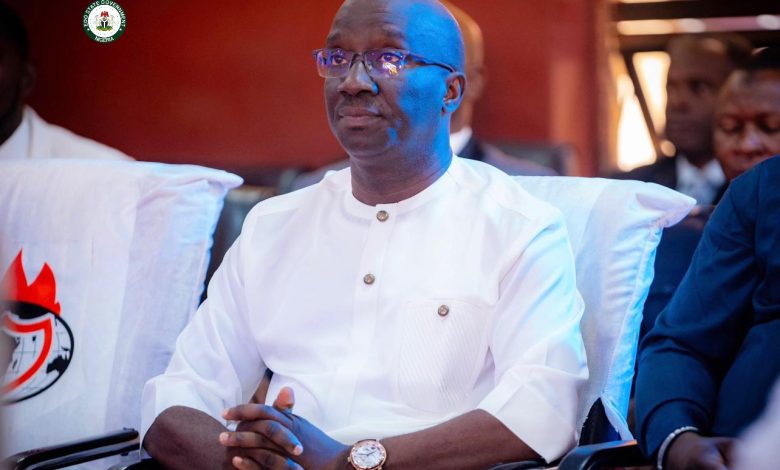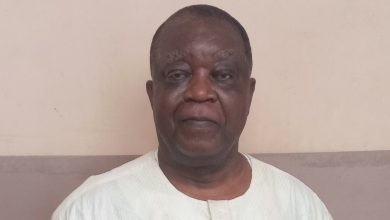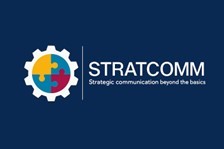Okpebholo: No native doctor, prophet behind my victory in Edo election
My life is filled with testimonies, and God has consistently granted me victory in all my endeavours.

Monday Okpebholo, governor of Edo, says his electoral victory on September 21 was given to him by God.
Speaking on Sunday at Winner’s Chapel, Akho in Irrua, Esan central LGA of Edo state, Okpebholo said he did not seek help from native doctors or prophets to win the election.
“I want to thank God for his wonderful deeds in my life, as no one can accomplish this except Him alone. My life is filled with testimonies, and God has consistently granted me victory in all my endeavours,” he said.
“This is the first instance where someone has contested an election without seeking help from native doctors or prophets. My faith is in Christ alone. If God does not will it, then let it not be done.
“In Nigeria, and indeed the world, no prophet or native doctor can claim that I visited them for help in winning the election.
“The only factor I recognize is God. If He cannot accomplish it, then let it not be done. This marks the first time in Nigeria that a person has contested an election, and the prevailing sentiment is that God’s grace is upon him or her.
“As a member of Winner’s Church, I am confident that we cannot be losers, especially since both my deputy and I are part of this community. How can we lose?
“While others were strategising and utilising media outlets, I trusted in the Lord, and He granted me victory.”
Peter Osawe, the pastor of the chapel, spoke on ‘Wisdom kits for joy and rejoicing’ emphasised that God is the pivotal factor in human life.
Osawe noted that nothing occurs without God’s knowledge and encouraged the congregation to continue drawing strength from His word.
“Nigeria will become a better nation if we work together, as the process of improvement begins with us,” he added.
Okpebholo also attended a service at God’s People Worldwide Prayer Ministry in Illeh, Ekpoma, Esan west LLGA.
Ehijele Unuayan, the general overseer, urged the governor to remain focused on his vision for the state’s development and the welfare of its people.
Unuayan expressed gratitude to the governor for approving automatic employment for first-class graduates of Edo origin from universities in Nigeria and worldwide.
The governor stated that he was in church to seek prayers for success in governing the state.
“I am here to pray for the strength to move the state forward, to work for the Edo people, to utilize the state’s resources for development, and to promote justice and fairness for the Edo people,” he said.
The highlight of both church services was the prayers offered for the success of Okpebholo’s administration over the next four years.








